In September 1966, Oliver Stone withdrew from Yale University for the second time, unable to return. His first autobiographical manuscript was rejected. Heartbroken, at the age of 21, he decided to go to Vietnam as a US infantryman.
Young Oliver Stone - Photo: Slant
Vietnam in the life of an American director
After just over a year, in November 1968, Oliver Stone left Vietnam. He was nearly 23 years old at the time, but he became aimless, immersed in hallucinogens and loneliness, imprisoned and then prosecuted for federal smuggling... He preferred to stay unconscious so as not to feel any pain after witnessing so many deaths that he thought, "No one should have to witness so many deaths."In his memoir Chasing the Light, director Oliver Stone devoted a large amount of time to writing about Vietnam - Photo: Jean Paul Guilloteau/Express-Rea
That turn changed Oliver Stone's life.
Of course, with cinema, it is difficult to succeed at first. Stone's first script was called Break (roughly translated in the book: Enlightenment ), but it was never made into a film. The script was a symbolic and allegorical account of the Vietnam War, with the main character being a rebellious young man, much like James Cameron's later Avatar ."A part of me died in Vietnam"
Page by page in his memoir Chasing the Light, Oliver Stone - a famous American film director, screenwriter and producer, now 78 years old - acknowledges the influence of Vietnam on his life and career.Chasing the Light by Oliver Stone, published in the US since 2020 and recently translated into Vietnamese, published by The Gioi Publishing House and Phuongnambook - Photo: MI LY
Oliver Stone (right) receives the 1987 Oscar for Platoon from film legend Elizabeth Taylor - Photo: X by Oliver Stone
Oliver Stone was born in 1946. He is a controversial but also very successful filmmaker, having won numerous awards including the Oscar, BAFTA, Primetime Emmy and Golden Globe. Oliver Stone's most famous films are Platoon - which won him the Oscar for Best Picture and Best Director; Born on the Fourth of July - won the Oscar for Best Director; Midnight Express - won the Oscar for Best Screenplay. He is also the director of Salvador, Wall Street, Wall Street: Money Never Sleeps, JFK, Nixon, Snowden... and the screenwriter of Scarface, Evita... Source: https://tuoitre.vn/vi-sao-dao-dien-lung-danh-oliver-stone-khong-bao-gio-quen-duoc-viet-nam-2024070310170364.htm


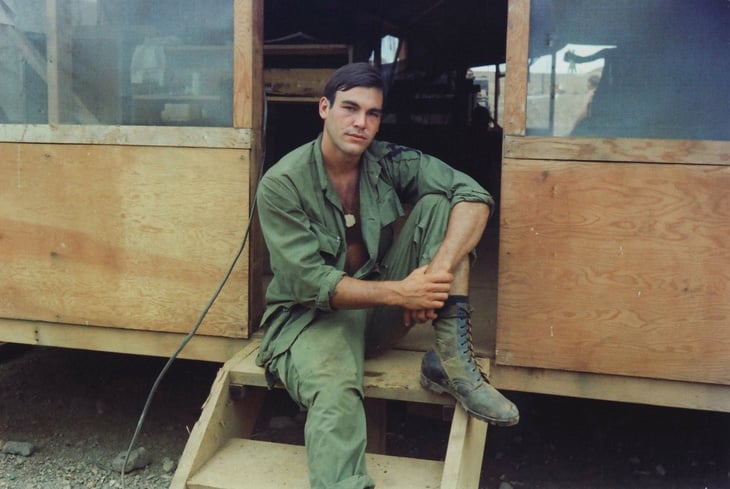
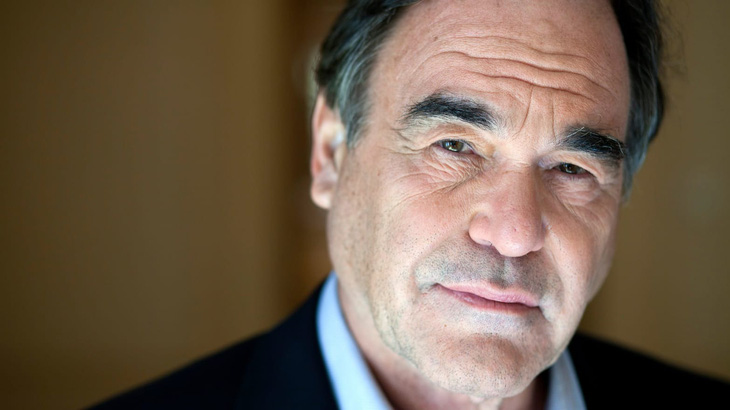
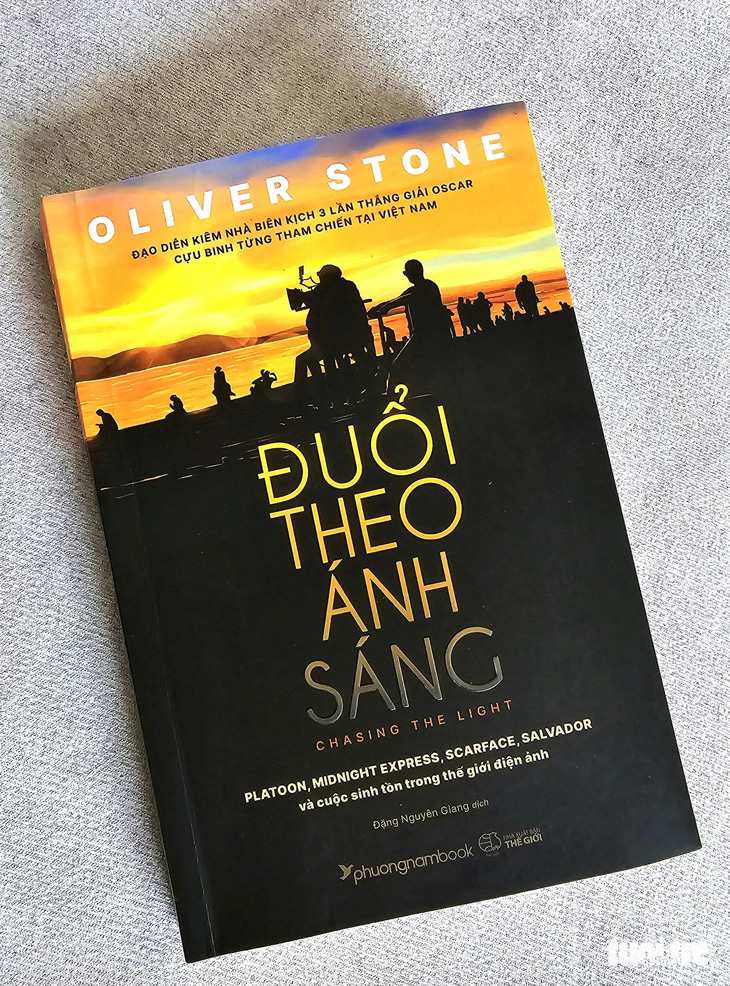
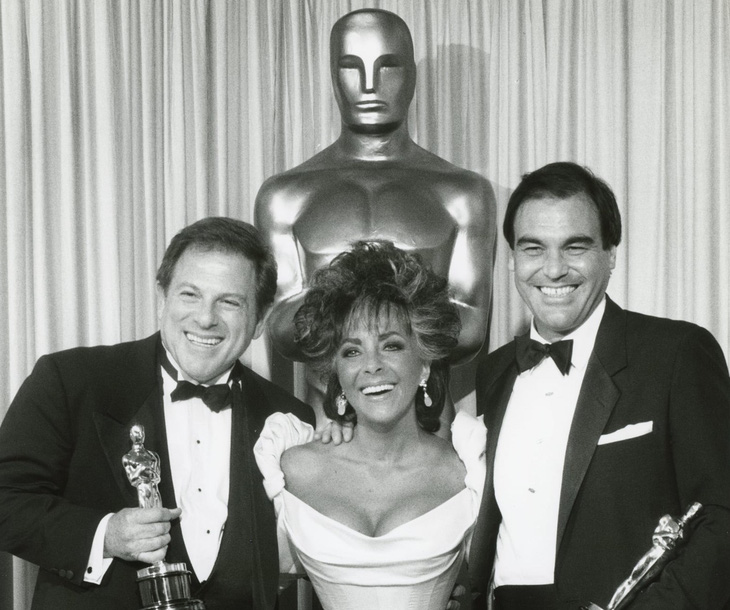

![[Photo] Prime Minister Pham Minh Chinh chairs the Government's online conference with localities](https://vphoto.vietnam.vn/thumb/1200x675/vietnam/resource/IMAGE/2025/10/5/264793cfb4404c63a701d235ff43e1bd)

![[Photo] Prime Minister Pham Minh Chinh launched a peak emulation campaign to achieve achievements in celebration of the 14th National Party Congress](https://vphoto.vietnam.vn/thumb/1200x675/vietnam/resource/IMAGE/2025/10/5/8869ec5cdbc740f58fbf2ae73f065076)






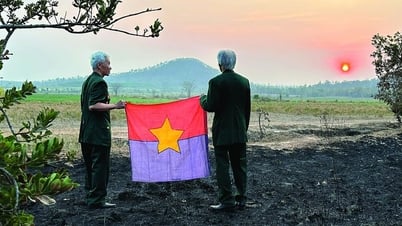
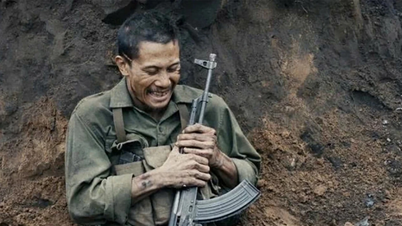

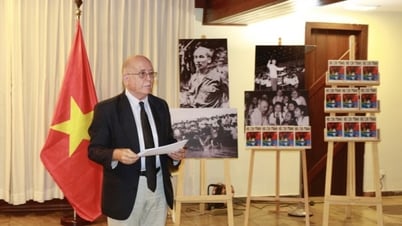

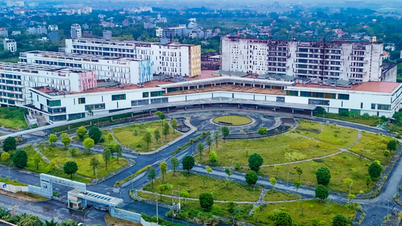




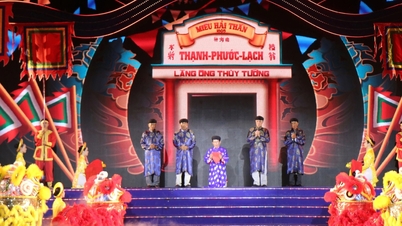



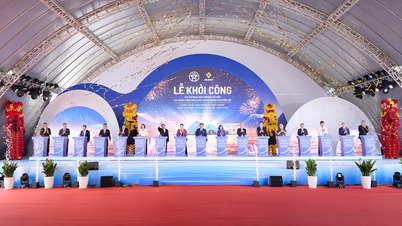
































![[VIDEO] Summary of Petrovietnam's 50th Anniversary Ceremony](https://vphoto.vietnam.vn/thumb/402x226/vietnam/resource/IMAGE/2025/10/4/abe133bdb8114793a16d4fe3e5bd0f12)

![[VIDEO] GENERAL SECRETARY TO LAM AWARDS PETROVIETNAM 8 GOLDEN WORDS: "PIONEER - EXCELLENT - SUSTAINABLE - GLOBAL"](https://vphoto.vietnam.vn/thumb/402x226/vietnam/resource/IMAGE/2025/7/23/c2fdb48863e846cfa9fb8e6ea9cf44e7)














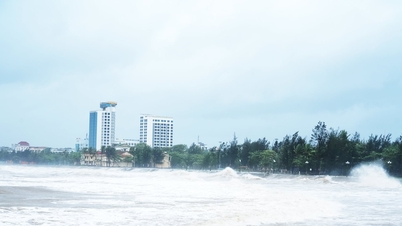






















Comment (0)